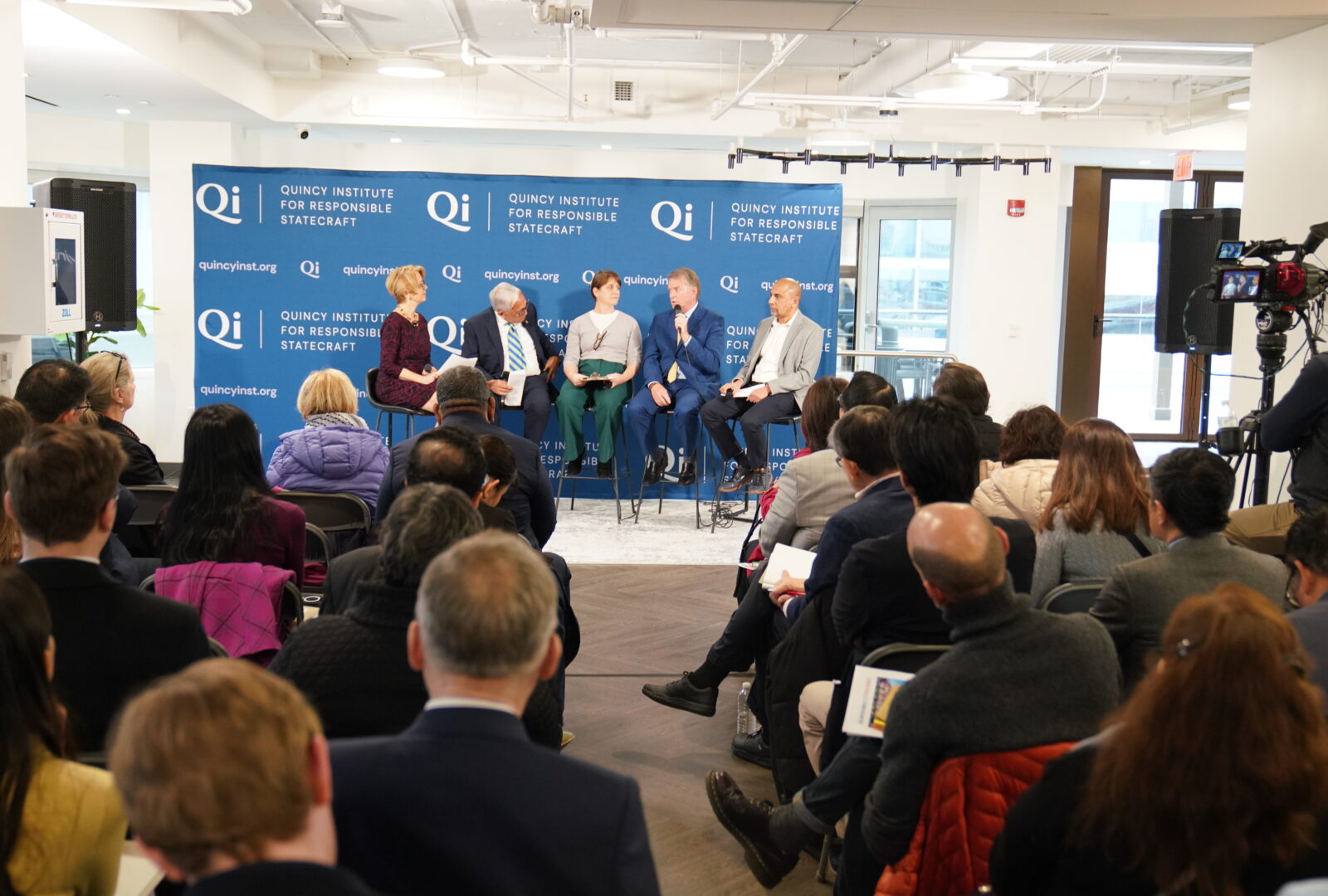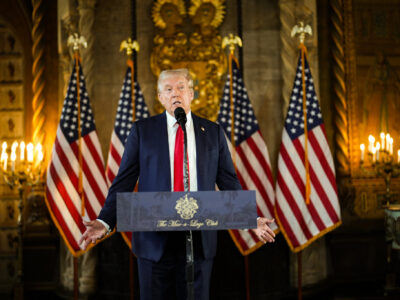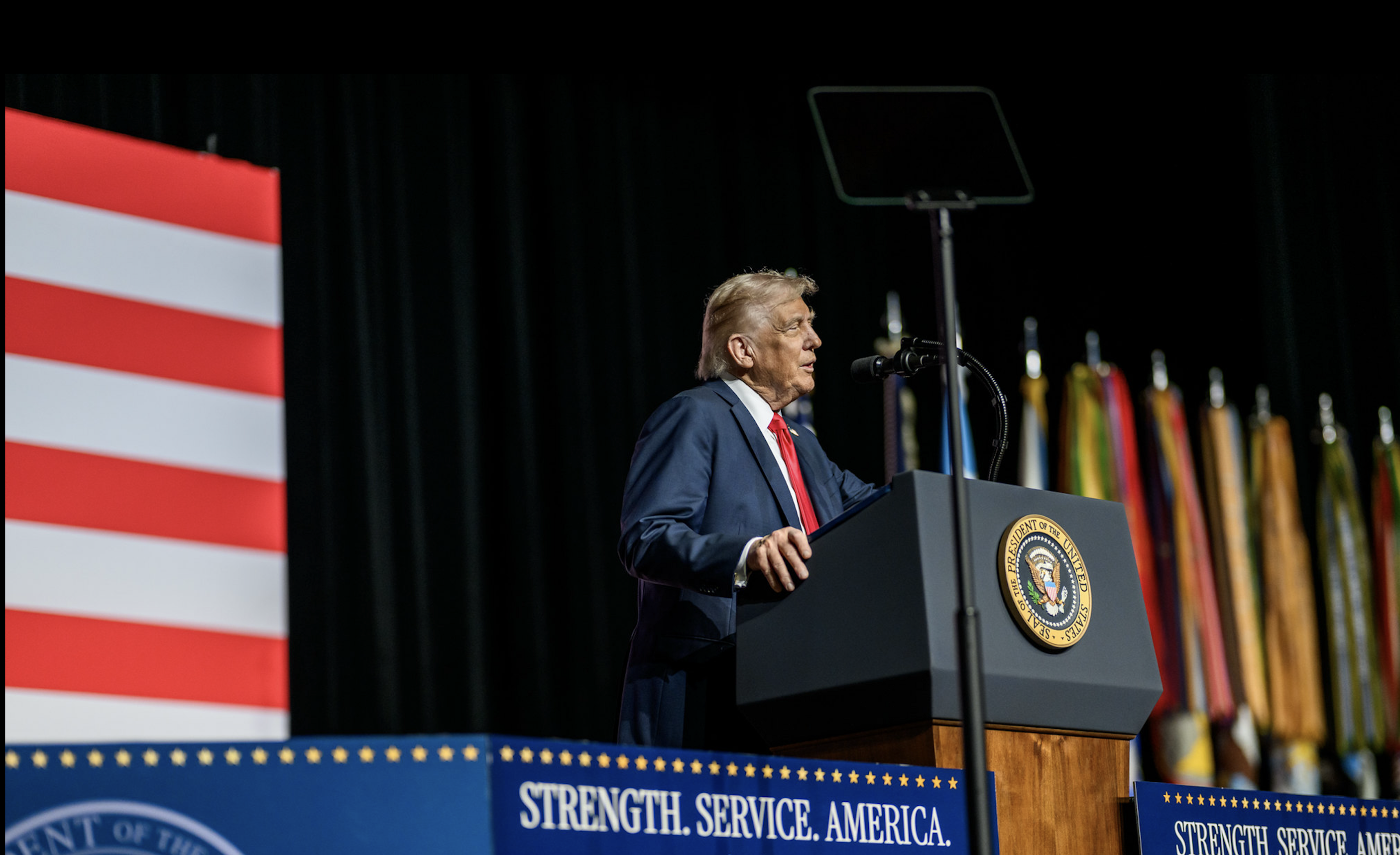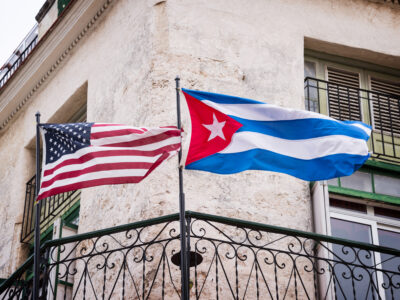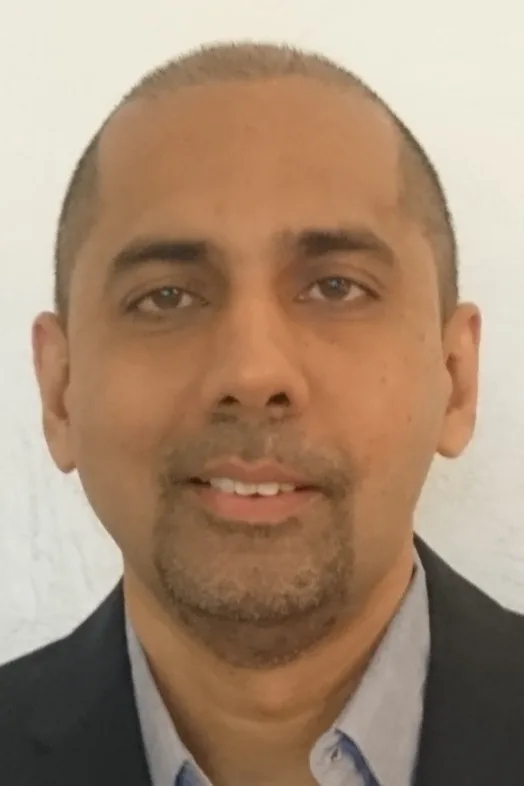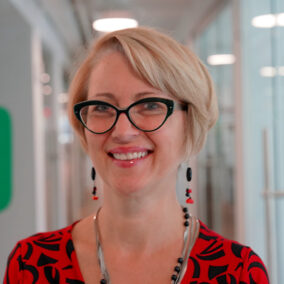How Can the U.S. Build Better Ties with the Pacific Islands?
The Pacific Islands are viewed in geostrategic terms predominantly through the framework of the great power competition with China. U.S. military deployments are increasing in Guam and the wider region, as tensions between the U.S. and China grow. But this framework risks conflict and limits working on common interests, as most Pacific islands do not view their region through this lens. The United States will benefit more if it framed the relationship with the region as standing on its own terms.
The Quincy Institute held a conversation about how the United States can build better ties with the Pacific Islands. The event featured Robert Underwood, former Member of the U.S. Congress and President Emeritus of the University of Guam, Leland Bettis, long term resident of Guam, Laura Grego, research director of the Global Security Program at the Union of Concerned Scientists, and Sarang Shidore, director of the Global South program at the Quincy Institute. Kelley Beaucar Vlahos, senior advisor at the Quincy Institute, moderated the conversation.
The event marked the launch of the new Guam-based think-tank, Pacific Center for Island Security (PCIS). PCIS will focus on research and communication of Pacific Island issues through islander eyes so as to enable island governments and islanders to reach a deeper and more independent understanding of key issues that are shaping the Pacific. It will conduct seminars, produce in-depth research, and build networks with governments, non-profits and think-tanks.
Program
Countries/Territories
Panelists
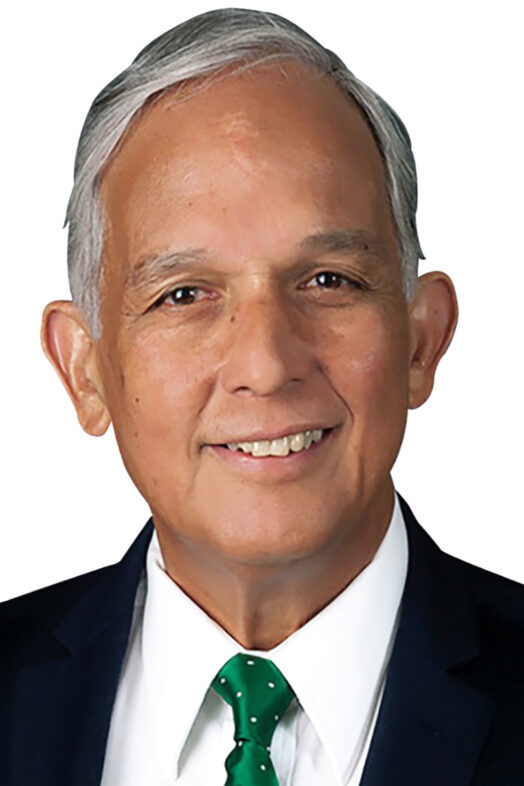
Robert Underwood
Dr. Robert Underwood is a former Member of the U.S. Congress and is President Emeritus of the University of Guam. He has a long record of educational leadership in Micronesia and is regarded as a leading authority on political status, indigenous issues and sustainability in the Pacific. He has many publications and is a regular columnist for Pacific area publications. He was an active member of the Armed Services Committee in Congress, and was appointed by three Presidents to different councils and commissions. He was Chair of the Congressional Asian Pacific American Caucus and led national efforts to include Asian Americans and Pacific Islanders in educational initiatives including the establishment of a major scholarship program.
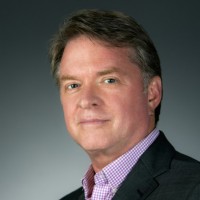
Leland Bettis
Leland Bettis is a long term resident of Guam. He has held responsible positions with the Government of Guam as Executive Director of the Commission on Self-Determination, adviser to members of the Guam Legislature and worked with two gubernatorial administrators. Mr. Bettis worked in governmental and intergovernmental affairs including over two decades of representation and negotiation work involving U.S. agencies (Department of Defense, Justice and Interior) as well as the U.S. Congress. His role in public policy includes over a decade of work at the United Nations and regional organizations.
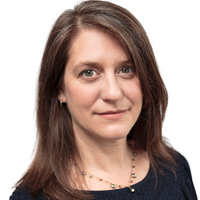
Laura Grego
Dr. Laura Grego is a senior scientist and the research director of the Global Security Program at the Union of Concerned Scientists, where she has worked at the intersection of science and public policy, in particular nuclear weapons, missile defense, and space security issues, for twenty years. She recently completed a Stanton Nuclear Security Fellowship at the Laboratory for Nuclear Security and Policy at MIT. Before joining UCS, Dr. Grego was a postdoctoral researcher at the Harvard-Smithsonian Center for Astrophysics.
Sarang Shidore is director of the Global South Program at the Quincy Institute, and a senior non-resident fellow at the Council on Strategic Risks. He was also a member of the adjunct faculty at George Washington University, where he taught a class on the geopolitics of climate change. He researches and writes on the geopolitics of the Global South, Asia, and climate change. Sarang has more than 125 publications to his credit in journals, edited volumes, and media outlets in his areas of expertise, including in Foreign Affairs, Foreign Policy, The New York Times, The Nation, and South China Morning Post. Prior to his current role, Sarang was director of studies at the Quincy Institute, senior research scholar at the University of Texas at Austin, and senior global analyst at the geopolitical risk firm Stratfor Inc. and previously also spent more than a decade in engineering and product management in the technology industry.
Kelley Beaucar Vlahos is a senior advisor for the Quincy Institute and editorial director at Responsible Statecraft. She comes to QI from The American Conservative, where for three years she served as the magazine’s executive editor. Before joining TAC in 2017, Vlahos served as a contributing editor to the magazine, reporting and publishing regular articles on US war policy, civil liberties, foreign policy, veterans, and Washington politics since 2007.

